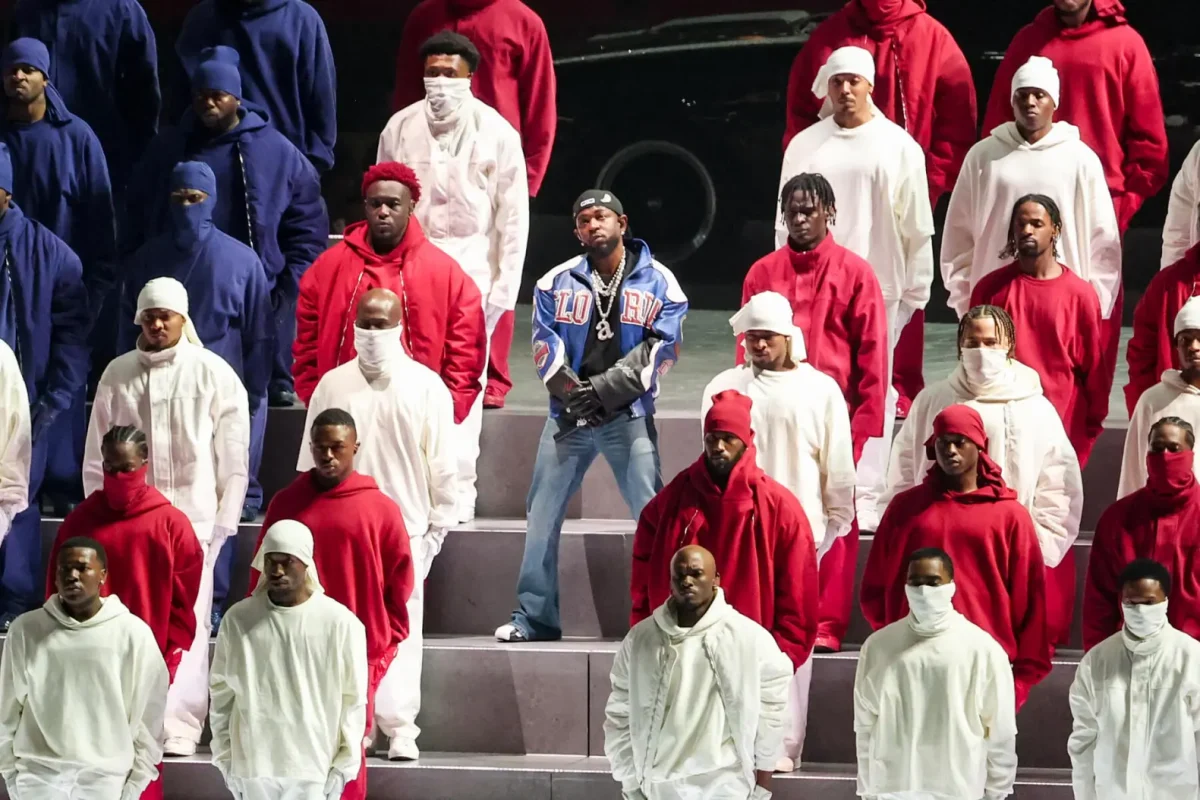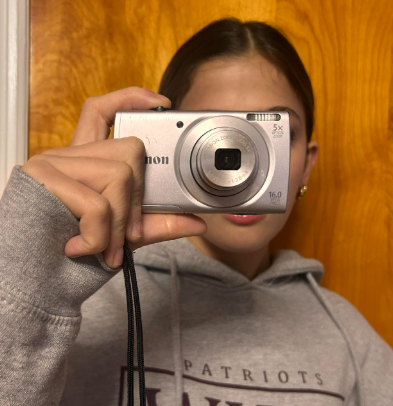The Johansson v. Disney Suit, and the Effects it Has on Other Hollywood Stars
Scarlett Johansson and Disney Logo
December 2, 2021
How much control is adequate for an actor to have over the release of her movie?
The royalties paid to Scarlett Johansson, after the release of Black Widow, are speculated, by many loyal Disney fans, to have been insufficient, and fans believe that Johansson’s days working for Disney will soon be terminated. Although the specific terms of the deal were not disclosed, it was made apparent that there was an agreement made between both Disney and Scarlett Johansson. This legal arrangement fundamentally stated that Black Widow must first be released only in theatres, and it is not until then that it may be streamed on Disney+. Disney, however, simultaneously released the movie in the cinemas and on its streaming service. Disney+ subscribers must pay an extra $30 to watch the movie, for the first month after its release, and the ability to watch the movie, if possessing a subscription, drastically altered Johansson’s revenue.
The legal dispute between Disney and its leading Marvel actress, Scarlett Johansson, began on July 9, when Johansson’s character’s solo movie simultaneously debuted in cinemas and via the streaming service Disney+. The consensus claimed that Black Widow would, just like many other Disney movies, be released in theatres before airing on Disney+. The order in release dates is significant, as it ultimately increases, or cuts, revenue from the movie.
When Johansson was made aware of the breach in contract, she hastily took legal action in the aspiration that Disney would bear responsibility for their contraventions. Johansson’s reaction, and effort to obtain justice, is understandable, as she had been guaranteed a theatrical release in the movie’s contract, and Disney surreptitiously launched it on their streaming service without her knowledge.
The efforts Disney made are speculated, by many avid Marvel fans, to have been primarily motivated by self-interest. In an attempt to increase their streaming service, the Disney studio jeopardized the film’s box-office potential, and, in doing so, became a nuisance to not only Scarlett Johansson, but themselves as well.
As news of Disney’s perfidy began to circulate, many actors, including Jamie Lee Curtis and Marvel’s WandaVision star Elizabeth Olsen, were quick to defend Johansson, endorsing her decision to litigate Disney’s non-observance of its contract.
Johansson vs. Disney is one of many iterations of an economic disputation between actors and studios in problematic Hollywood.
“I think that what Disney did was wrong and that Scarlett Johansson’s decision to sue took courage. Especially with women in the industry, they may get taken advantage [of] and they don’t think they can do anything about it, but her actions may inspire others to speak out. All it takes is for one person to speak up, and a whole movement may inspire because of it,” said Christina Chen, a sophomore at Wayne Hills High School.
Johansson’s lawsuit has inclined a handful of other A-listers to consider the aspects of their contracts, and the potential infringement of the said agreements.






